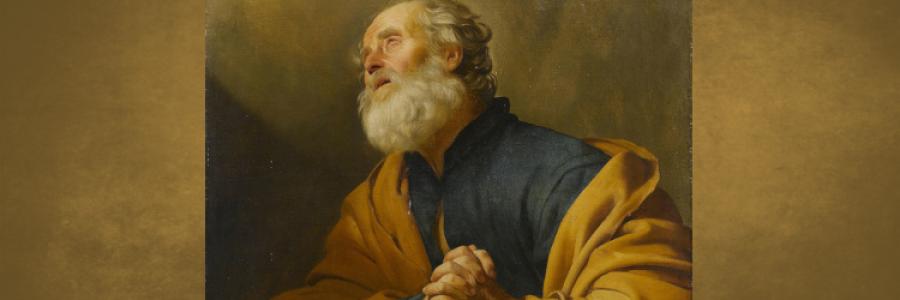What Ever Happened to Repentance?
Body
“As I’ve walked through the meaning of repentance in my own spiritual walk, the Puritans have been helpful in clarifying the meaning of the word repentance. In particular, Thomas Watson’s work entitled The Doctrine of Repentance” - Tim McKnight






Discussion